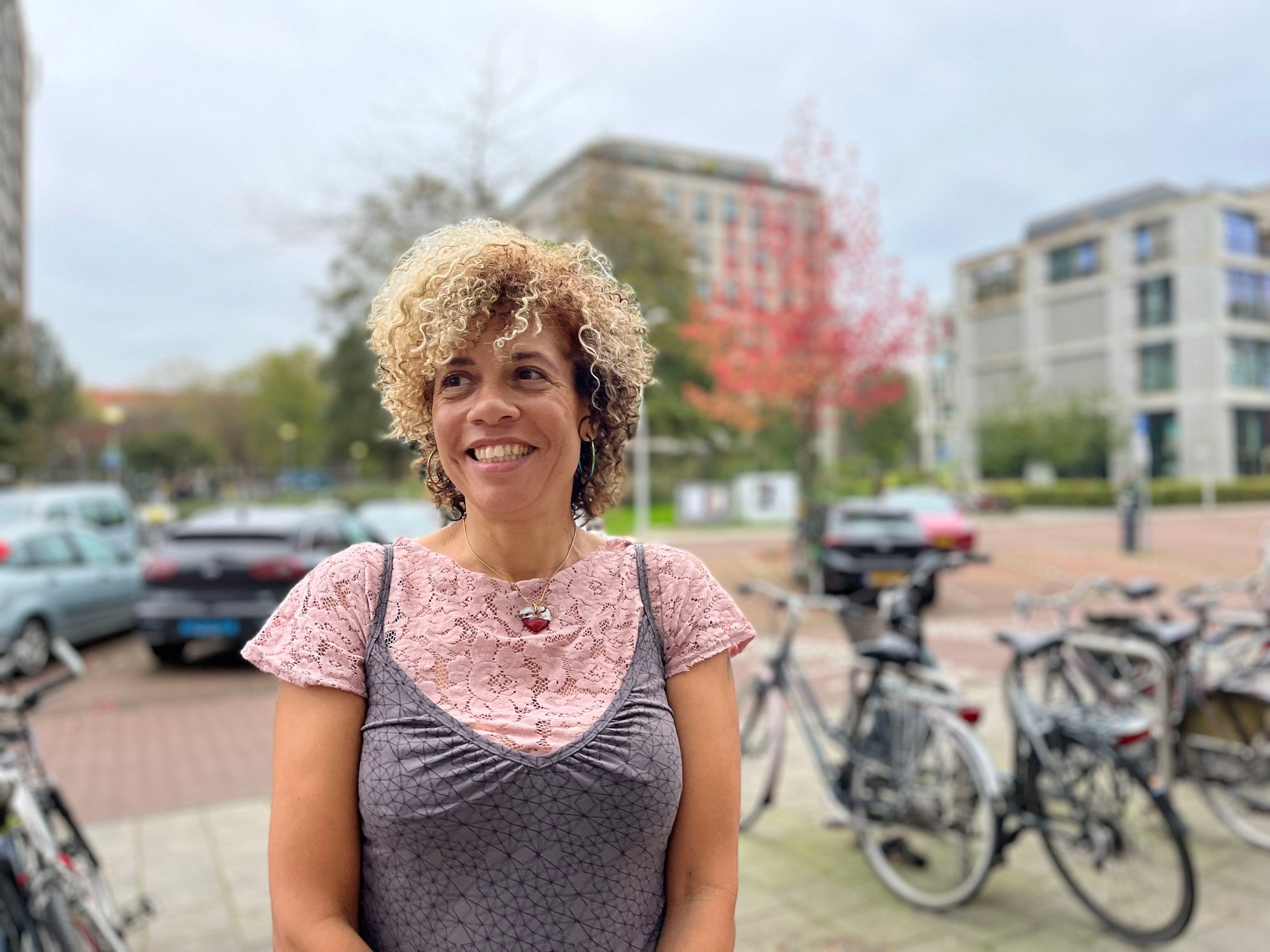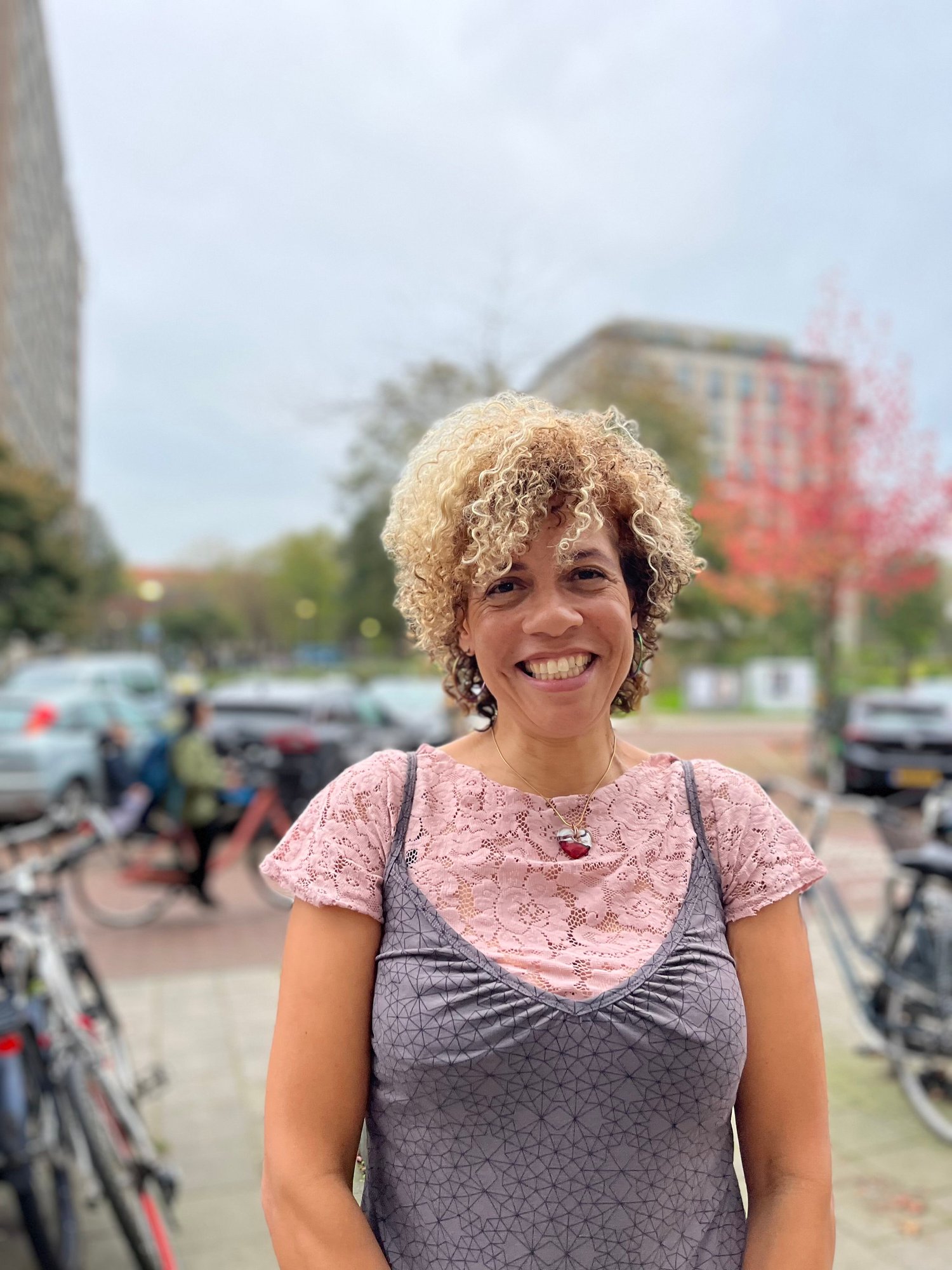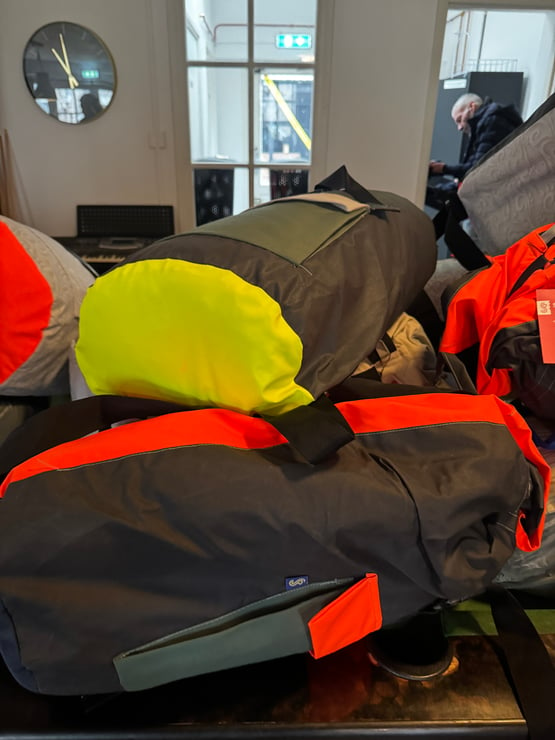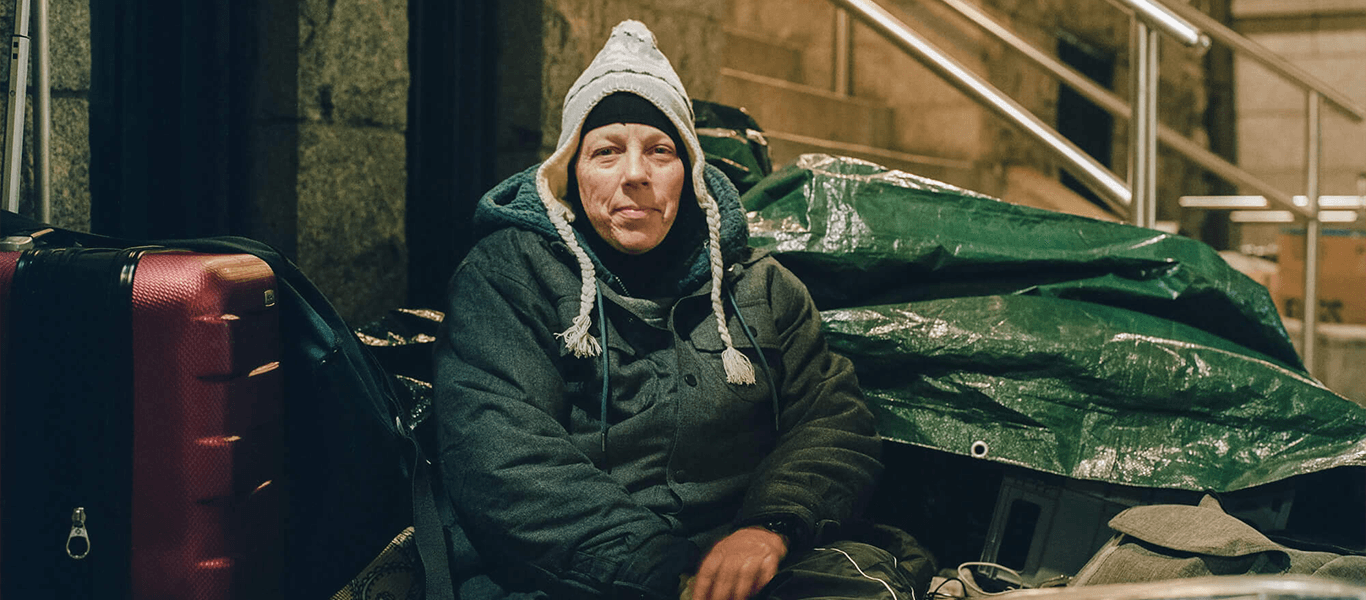At a time when the world was slowly grinding to a halt due to the pandemic, the hidden crises within our society became more visible. One of them: homelessness. For Susie (53), this journey began unexpectedly. Susie once owned her own home, but after her divorce, she decided to sell it to make a fresh start. She wanted to follow her dream of building her own business: a beauty salon in Amsterdam. With her savings and a lease on a storefront, she was ready to start over.But then disaster struck.
The corona pandemic put the whole world on pause and forced her to put all her plans on hold. Her beautician training came to a halt, and the contact professions she aspired to were no longer allowed. “It felt like everything I was working for disappeared all at once,” Susie says. “I had it all figured out: I was going to start my own business and retrain myself. But when that fell away, I felt lost.” As her savings slowly disappeared, it became harder and harder to make ends meet, and eventually she was forced to leave her temporary residence.
At first I didn't even think I was really homeless. I had some savings and a temporary place, but when everything came to a halt because of corona, it became more and more difficult.
A network of agencies, but with no real safety net
During the first years of her homelessness, Susie tried to find support from various agencies. Yet she did not always experience them as a safety net: “In the beginning, I didn't even think I was really homeless. I had some savings and a temporary place, but when everything came to a halt because of corona, it became increasingly difficult.” Institutions were under pressure and many were struggling with their own problems, leading to a lack of human contact and support. Susie often felt abandoned. “It seemed like most people were mostly concerned with their own situation,” she says.
What characterized her experience was not only the lack of physical shelter, but especially the bureaucratic obstacles that stood in the way of real help. The system, she explains, seems more focused on categorizing than listening. “People are pigeonholed right away. Once you have been labeled 'self-reliant,' you can figure it all out for yourself. Help then seems almost like a favor, not a right.”

The paradox of freedom and survival
In her four years without a permanent place to live, Susie slept alternately in temporary shelters and sometimes outside. Her days in the hostels were not only filled with survival, but sometimes offered unexpected moments of connection. “I once slept in a hostel full of other homeless people. Everyone was trying to make something of it. We even celebrated holidays together,” she says with a slight smile. Those moments brought a sense of camaraderie and pragmatism that she appreciated: “In homelessness, it's all about the primary needs; you have each other, without fuss.
“At the same time, she realized how difficult it is to return to a regular living situation. “Once you have tasted that freedom, it becomes more difficult to return to the rules and structures of society. For example, I shouldn't think about being dependent again on agencies that don't take me seriously.”
A system with flaws and hopes for change
Suzie's story casts a critical eye on the Dutch care and shelter system. Despite good facilities in Amsterdam, she says it remains difficult to move on. “As soon as you want to reintegrate yourself into society, you come up against pigeonholing all over again.” This causes many homeless people to remain stuck in a cycle from which they have difficulty getting out. “If you want to get out of homelessness, you first have to go through a forest of agencies and labels. It feels like the system is mostly focused on controlling and categorizing, not on actual support.”

Future: back to nature
The experiences of the past few years have changed Susie. Her vision for the future is no longer tied to obtaining a traditional home. What she does hope for? Peace and a life close to nature. “Maybe somewhere with better weather, where I can live simply in the mountains or by lakes. I just want to be outside, to feel that freedom. For me, that's the most important thing right now. “Suzie's story is a reminder that behind every homeless existence is a unique and human story. She reminds us that sometimes the system we have built to help can also hinder. For her, the outdoors, with its simplicity and freedom, remains a place of peace and resilience - despite all the obstacles she has had to overcome.

















